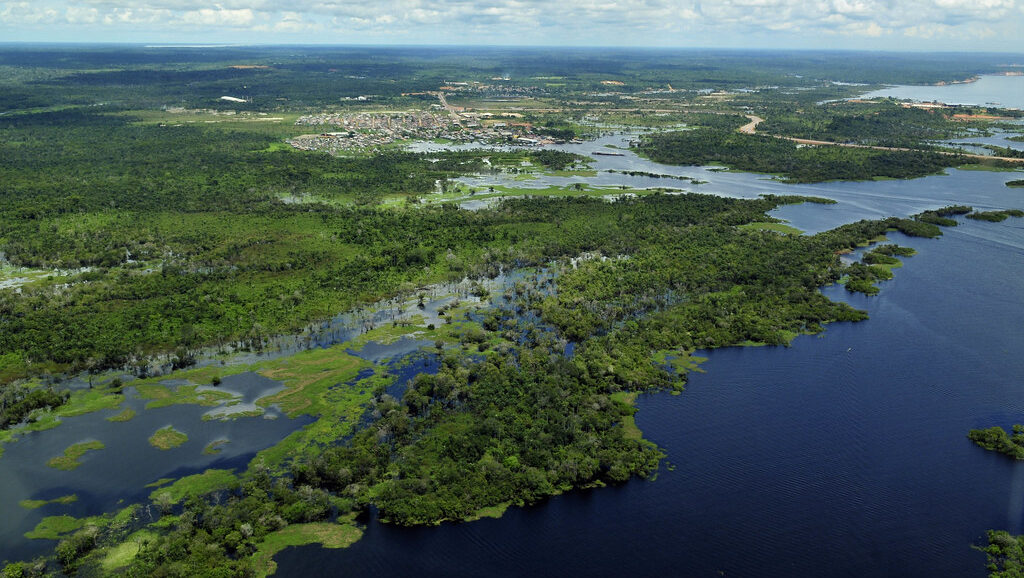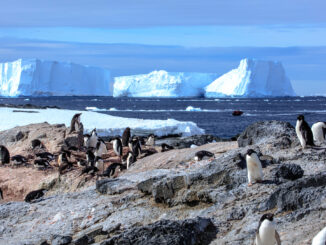
Nations gathered in Dubai this week pledged to redouble their efforts toward tackling climate change and transitioning away from fossil fuels.
The 28th Conference of Parties to the United Nations Framework Convention on Climate Change (COP28) ended in overtime earlier this week. The talks were scheduled to wrap up on December 12, but delegates stayed on longer to resolve a dispute over language in the final document addressing the need for economies to move away from fossil fuels. The combustion of fossil fuels for energy is the main source of the heat-trapping greenhouse gases accumulating in Earth’s atmosphere.
COP28 was controversial from the outset as the host, United Arab Emirates, grew wealthy from sales of oil. The official selected to lead the talks is also the head of the UAE national oil company. Ultimately, diplomats attending the talks agreed to language on the need to move away from fossil fuels.
Delegates also called for the creation of more conservation lands and marine protected areas to help mitigate against global warming in the final declaration adopted by consensus. Nature conservation is especially important for halting and reversing deforestation, the delegates declared.
The text of the final agreement emphasizes “the importance of conserving, protecting and restoring nature and ecosystems towards achieving the Paris Agreement temperature goal, including through enhanced efforts towards halting and reversing deforestation and forest degradation by 2030.” The final document also declares that setting aside natural areas for special protections and conservation is important since protected areas act “as sinks and reservoirs of greenhouse gases” and are important areas for “conserving biodiversity.”
The final document also “invites Parties to preserve and restore oceans and coastal ecosystems and scale up, as appropriate, ocean-based mitigation action,” a nod to marine protected areas that parties to the UN Convention on Biological Diversity have pledged to expand.
The COP28 agreement also notes that conservation of lands and waterways is important as a tool for adapting to climate change. The text encourages nations to take actions aimed at “protecting, conserving, and restoring nature and ecosystems, including forests, mountains, and other terrestrial and marine and coastal ecosystems” as a means of building resilience to droughts, wildfires, and other climate-driven calamities.
Most of the media attention on COP28 focused on the struggle to get nations to adopt language against fossil fuels consumption. Though delegates did agree to such wording, global warming experts expressed mixed feelings over the UNFCCC’s COP28 outcome document.
“The wording of the final agreement is not as clear as the draft released earlier in the week,” said Curtin University professor Peter Newman, “but the overall conclusion is that the fossil fuel era is ending and not expanding.”
“Just days ago, it looked as though COP28 was not going to deliver at all,” said University of Tasmania marine scientist Edward Doddridge. “While this agreement is flawed, it is a step on the path to full decarbonization.”
Next year’s COP29 international climate change conference is scheduled to be held in Azerbaijan, another major oil and natural gas exporting nation.
©2025 Public Parks



